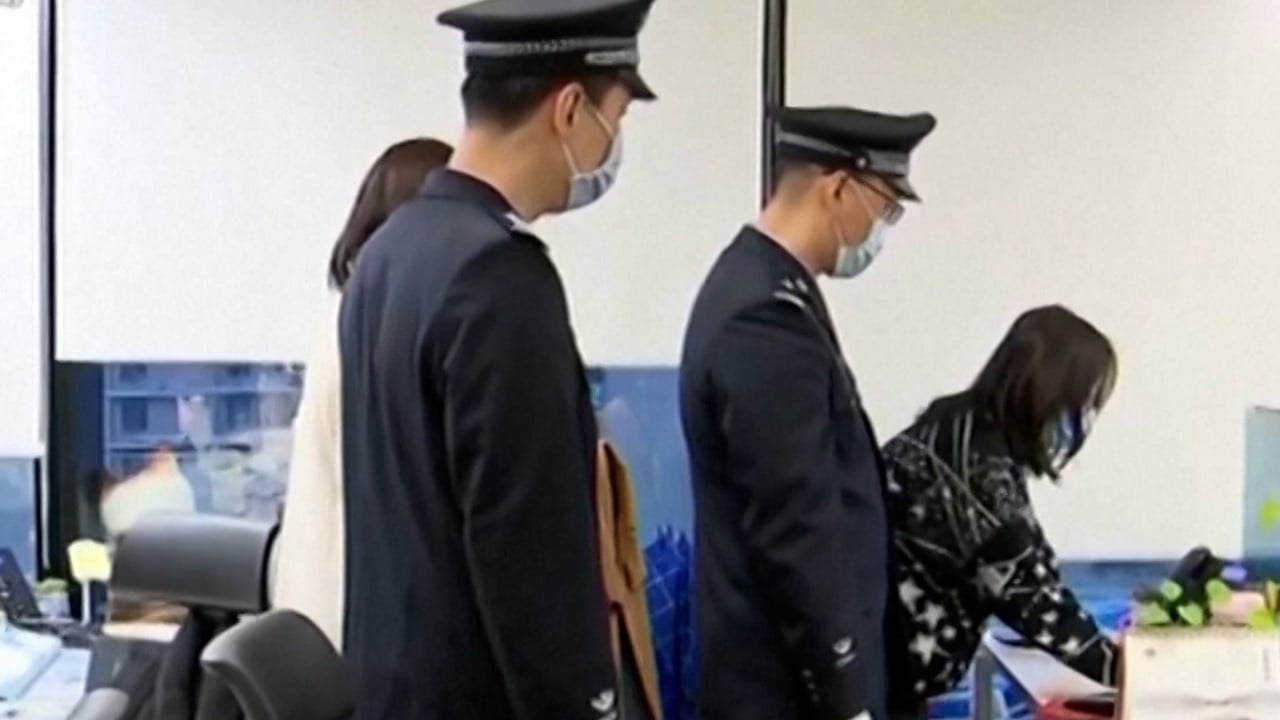
Under new law, China is ‘encouraging citizens to spy on each other’, US says
- State Department says Secretary Antony Blinken raised US concerns about Beijing’s broad anti-espionage efforts during recent meetings with Chinese officials
- Washington has already warned US citizens about travelling to mainland China because of ‘the risk of wrongful detention’
China is “encouraging citizens to spy on each other”, department spokesman Matthew Miller said. “It’s something that’s of great concern.”
“We are closely monitoring the implementation of China’s new counter-espionage law … which, as written, greatly expands the scope of what activities are considered espionage,” he said.
“In addition to being concerned about these new reports, we remain concerned about the risk of arbitrary arrest and detention [in China].”
He added: “I will add that these are these are issues that [Secretary of State Antony Blinken] raised in his meetings with Chinese officials.”
Blinken travelled to Beijing in June to meet then-foreign minister Qin Gang in an effort to ease tensions between the countries.
After he was back in the US, Blinken said the Chinese government’s perception that Washington intended to “contain” the country “economically and globally” was a “lengthy part of the discussions”.
The State Department had reacted to the anti-espionage law before Beijing’s Ministry of State Security (MSS) used a WeChat article on Tuesday to call on the general public to help security agencies implement it.
Miller said US officials have not had a chance to discuss the WeChat article because that “broke overnight”.
Without changing the Level 3 travel advisory status, the State Department issued an updated advisory last month, warning US citizens to reconsider travel to mainland China because of “the risk of wrongful detention”.
China vows countermeasures after CIA chief says agency rebuilding network
The Level 3 advisory recommends Americans to “reconsider travel”. Level 2, which applies to Hong Kong, instructs them to “exercise increased caution”. Level 4 means “do not travel”, and applies to Russia, Iran, Myanmar and other countries whose governments are fully at odds with Washington.
“There is increased official scrutiny of US and third-country firms, such as professional service and due diligence companies, operating in the PRC,” according to the State Department’s mainland China advisory.
“Security personnel could detain US citizens or subject them to prosecution for conducting research or accessing publicly available material inside the PRC.”
The MSS call came a month after China’s newly amended anti-espionage law came into effect.


